Whole-orchard recycling (WOR) is the on-site grinding or chipping of whole trees during orchard removal, and incorporation of the ground or chipped biomass into the topsoil prior to replanting. WOR could provide a sustainable method of tree removal that could enhance both air and soil quality. If widely adopted, WOR could also help reduce the emission of greenhouse gases that contribute to climate change.
UC-led research has identified significant advantages to WOR in increasing the health and productivity of the subsequent replanted orchard and soils while sequestering carbon, reducing GHG emissions, improving soil structure and increasing water use efficiency.
Some California growers have begun using WOR in their operations, and UC researchers are working toward understanding the benefits of this practice and how they may stack up against the costs of implementing WOR on a commercial scale.
Use the links below to explore recent research findings and impacts.
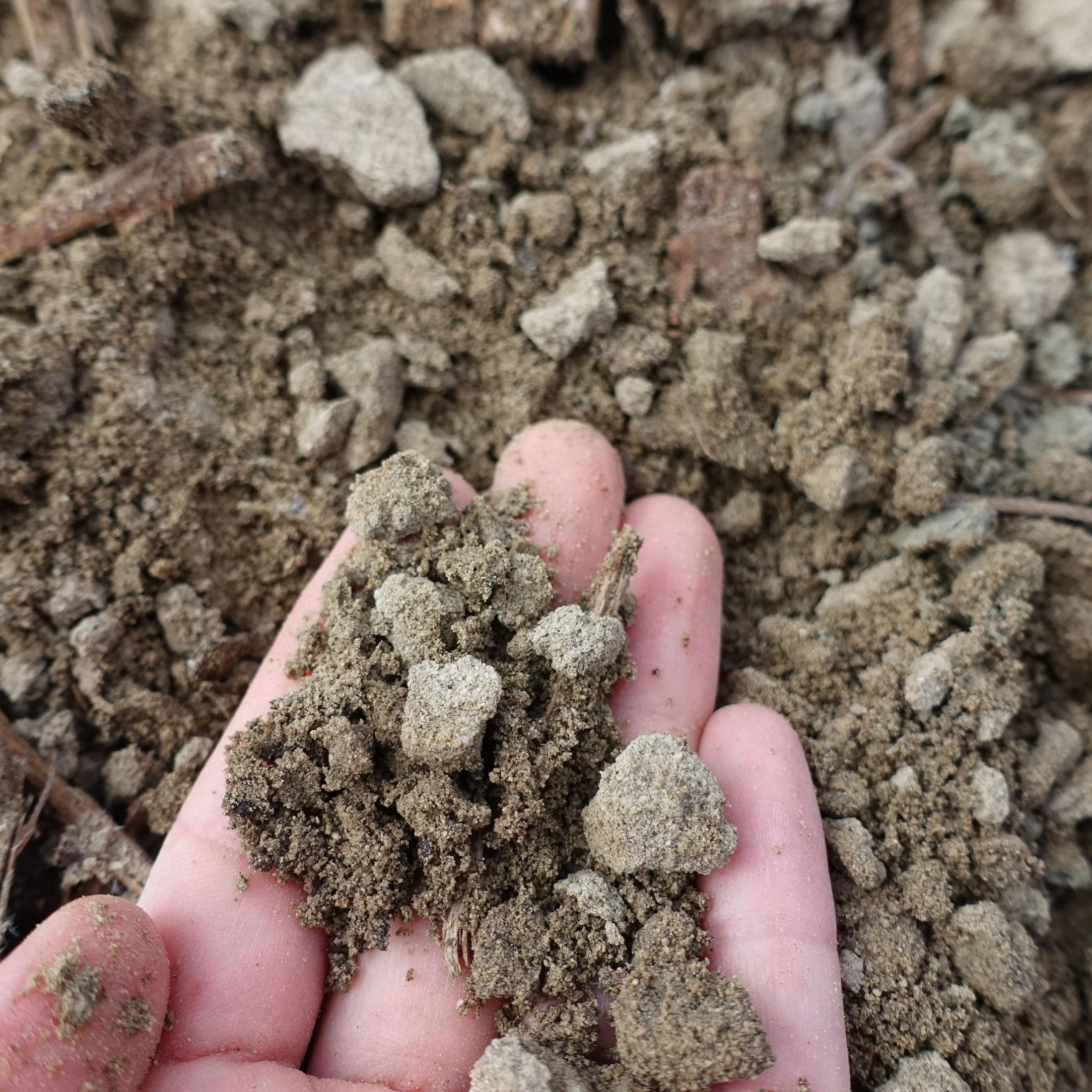
Soil Health
UC research on WOR shows that, nine years after an almond orchard was recycled and incorporated into topsoil, certain indicators of soil health show significant improvements in comparison to the typical practice of “pushing and burning” orchard trees. Click for more >>
Orchard Water Use
Nine years after an almond orchard was recycled and incorporated into topsoil, water-use-related improvements had occurred both in soils and in the trees themselves in comparison to the typical practice of “pushing and burning” orchard trees. Click for more >>
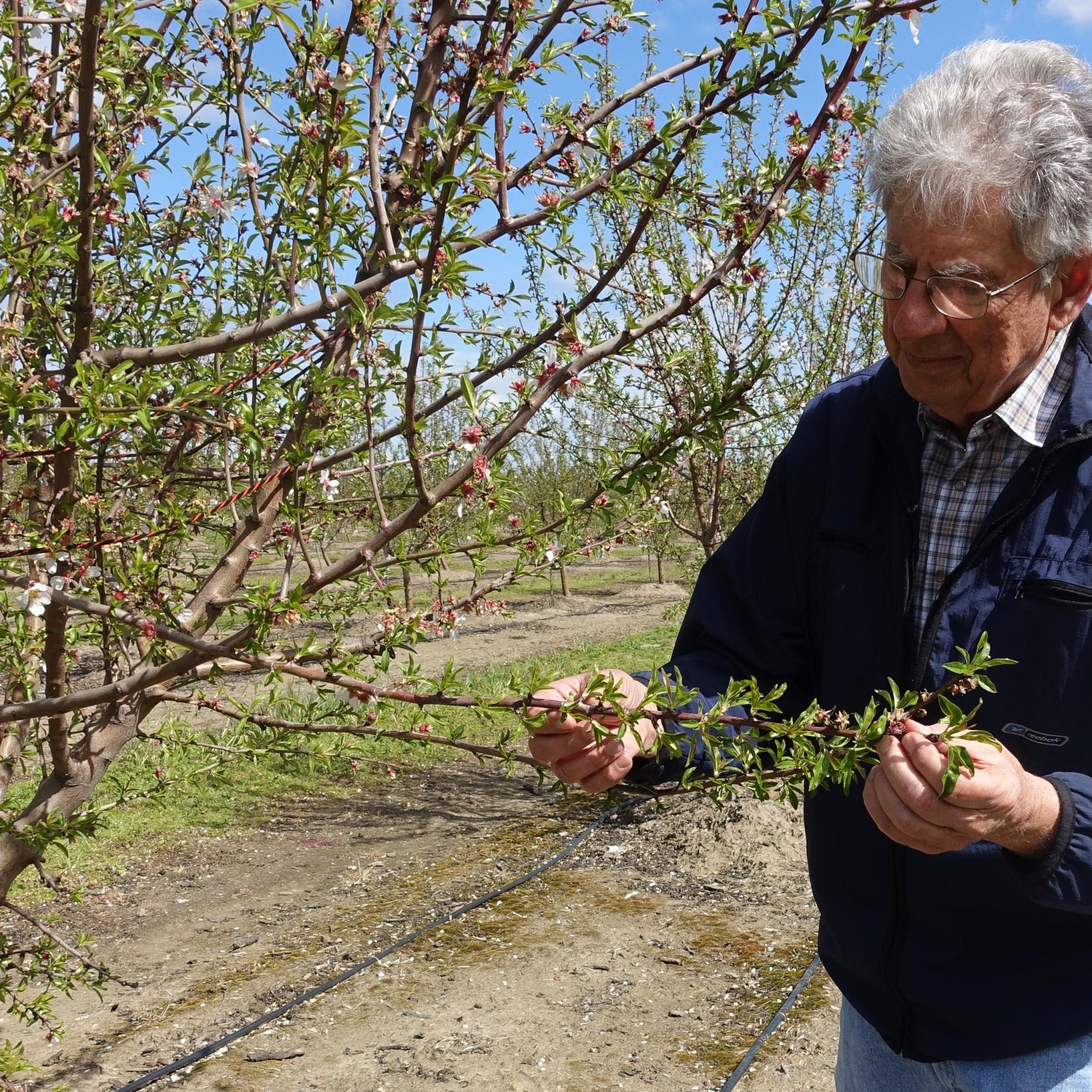
Nutrient Management
Initial results and observations suggest recommendations for nitrogen application for first-year almond trees may need to be reconsidered for orchards established following WOR. Click for more >>
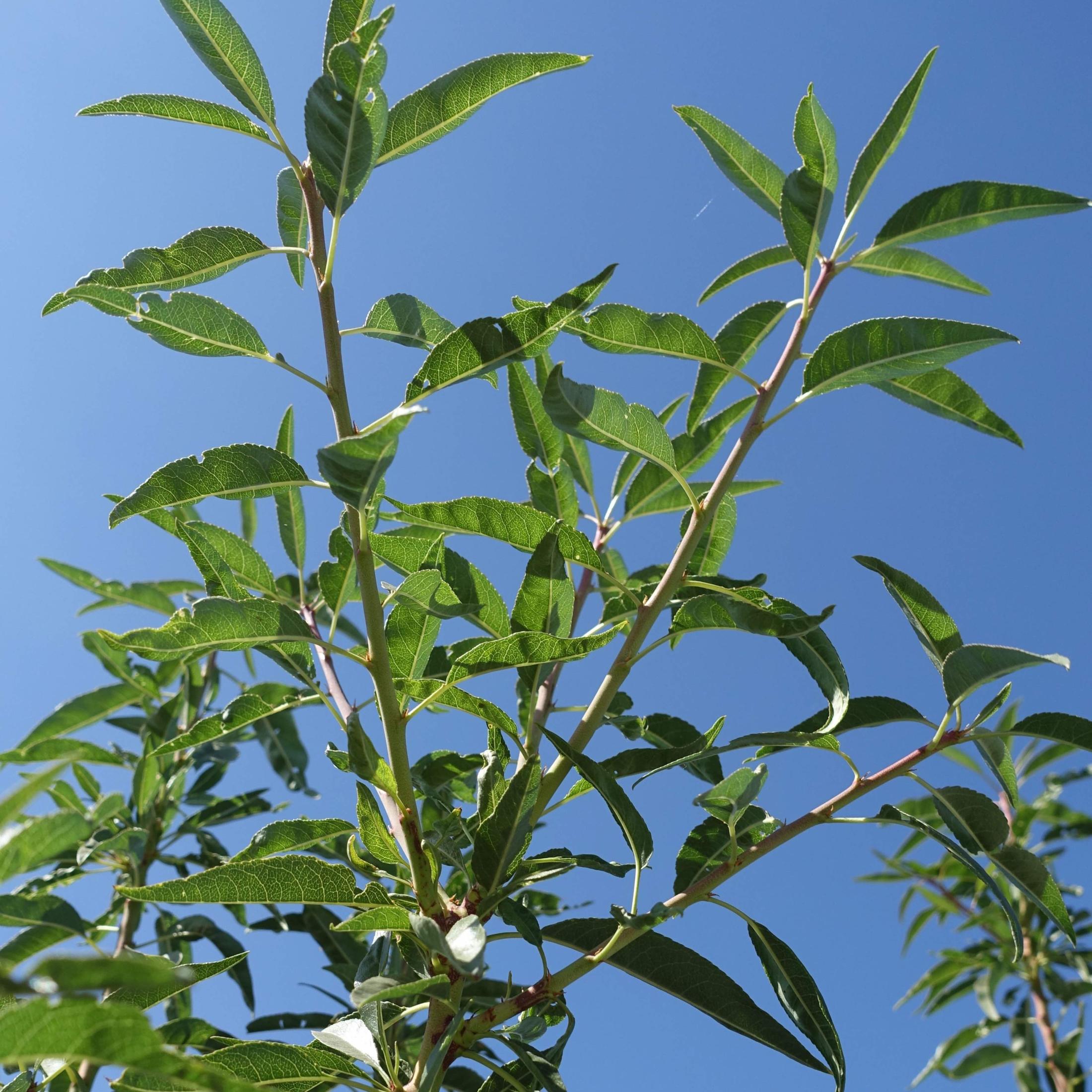
Climate and Air Emissions
UC life cycle assessment research suggests that compared with other orchard disposal methods, WOR provides the greatest amount of carbon storage. However, WOR also requires higher amounts of diesel consumption. Click for more >>
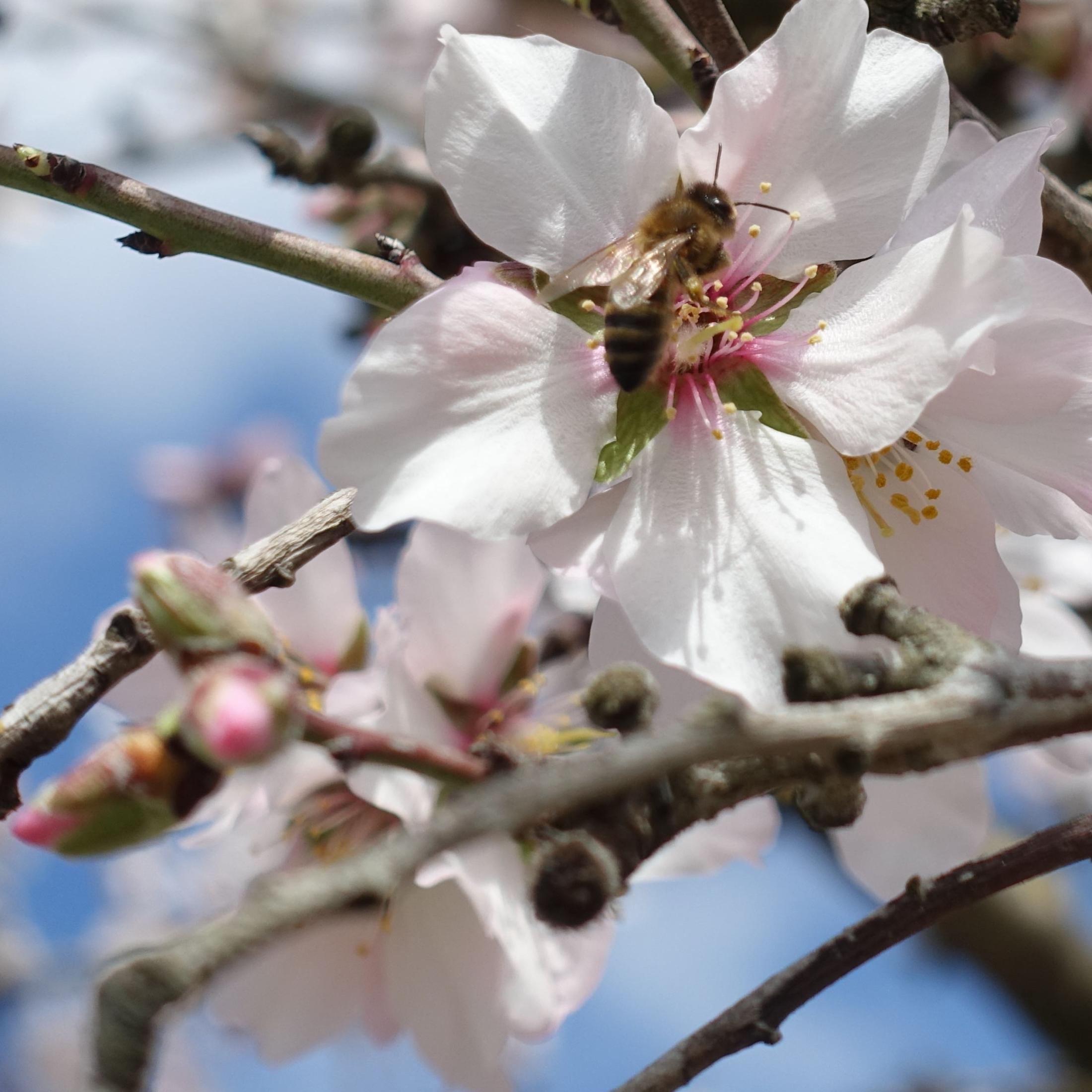
Orchard Productivity
UC research on the long-term effects of WOR over a period of 9 years suggests that WOR may allow growers to maintain or increase yields under typical nitrogen and irrigation regimes. Click for more >>
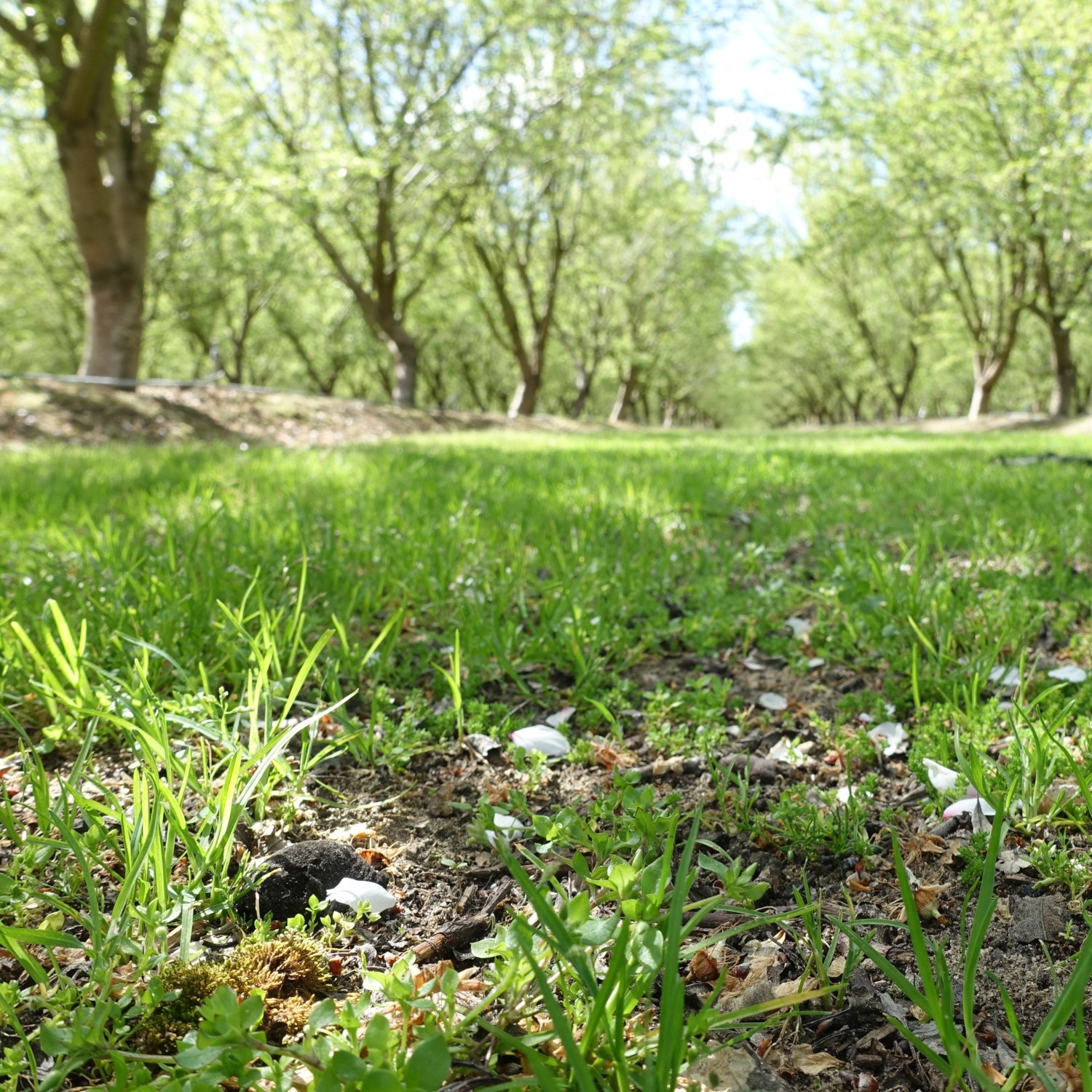
Tree Health and Disease
UC research on the effects of WOR over two years suggests that WOR will not aggravate severe Prunus replant disease (PRD) or interfere with the benefit of preplant soil fumigation for prevention of PRD. Click for more >>